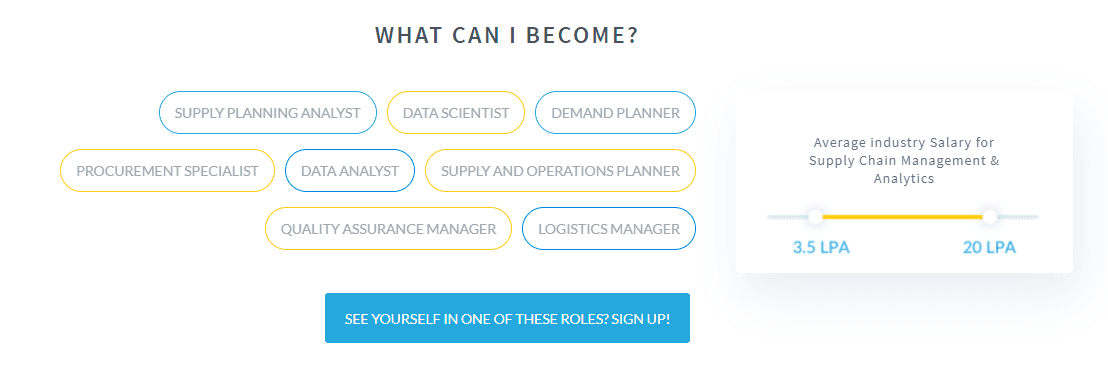The Supply Chain Management course is a graduate-level program that explores the systems and processes needed for managing product flow from manufacturer to customer. It is an essential component of any company’s operation as it helps them identify, monitor, and manage their inventory across all stages of production.
It also identifies potential areas for improvement in order to optimize operations and generate more revenue. Supply Chain Management has many different applications including healthcare, which we will explore in this blog post.
What is Operations Research in Supply Chain Management?
Operation research is a method for improving decision-making and planning through the development of models that describe complex problems and help to identify the most effective solution. Supply chain management is a sub-field of operations research that deals with managing inventory, information, people, time, space or money as factors in complex supply chains involving many organizations collaborating together. Also, Supply chain management and operations research make a powerful pair, especially when it comes to healthcare.
How Operation research in Supply Chain Management is transforming Healthcare?
Healthcare is one of the most complex industries with many moving parts that need to be managed together seamlessly. SCM offers an approach for improving quality while reducing costs by identifying areas for improvement such as:
- Supply chain visibility: It is challenging to identify the root causes of supply problems and manage inventory effectively when there is a lack of visibility.
- Supply chain management helps healthcare providers make better-informed decisions by having real-time, accurate information about their product flow and distribution.
- Reducing costs: Supply Chain Management can help reduce healthcare spending through improved planning for equipment maintenance, more efficient use of resources and more accurate forecasting.
- Improving patient care: Supply Chain Management’s central theme of collaboration can help healthcare providers reduce wasteImproved productivity and process efficiency. by identifying areas for improvement in how they work together, share technology, or even practice medicine.
- Increasing transparency: Supply chain management will help to improve both the quality and delivery of care. Supply chain visibility creates a shared understanding across healthcare stakeholders, such as patients, doctors, payers, or manufacturers.
- Reduces errors: Supply Chain Management can increase the number of people who receive critical treatments quickly by reducing errors in inventory management and product distribution which reduces wait times.
- Supply chain optimization for ancillary services like lab tests, diagnostics, pharmaceuticals etc.
Explore Supply Chain management courses with Imarticus Learning.
Imarticus Learning offers Supply Chain Management courses to help you discover the power of Supply Chain Management. Supply chain management is best suited for Supply Chain professionals who want to move up the Supply Chain career ladder.
Imarticus Learning’s Supply Chain certification prepares you for a comprehensive understanding of Supply chain management concepts so that they can be applied in your work environment with ease. Imarticus also brings you instructor-led training from experienced industry experts and certified practitioners, helping you develop Supply Chain Management skills that are in demand.
Course USP’s:
- Takes your career goals to the next level.
- Best suited for Supply Chain professionals.
- Learn from industry experts and take your skills to the next level with Supply chain management online courses developed by expert Supply Chain practitioners & trainers, certified consultants, and leading academics of top universities in India and abroad.




 With the ever-increasing trend of e-commerce, the number of products in transit has also increased. The number of supply chain management employees has increased disproportionately across industries. This training will prepare you to capitalize on this opportunity.
With the ever-increasing trend of e-commerce, the number of products in transit has also increased. The number of supply chain management employees has increased disproportionately across industries. This training will prepare you to capitalize on this opportunity.

 A supply chain analyst plays a critical role in the design and execution of large-scale initiatives. A supply chain analyst gathers and processes data in order to improve the supply chain system. He/she works to improve employee performance and reduce the expenses of project-related commodities.
A supply chain analyst plays a critical role in the design and execution of large-scale initiatives. A supply chain analyst gathers and processes data in order to improve the supply chain system. He/she works to improve employee performance and reduce the expenses of project-related commodities.
 Let’s check out a list of some giants that greatly need supply chain managers:
Let’s check out a list of some giants that greatly need supply chain managers: 